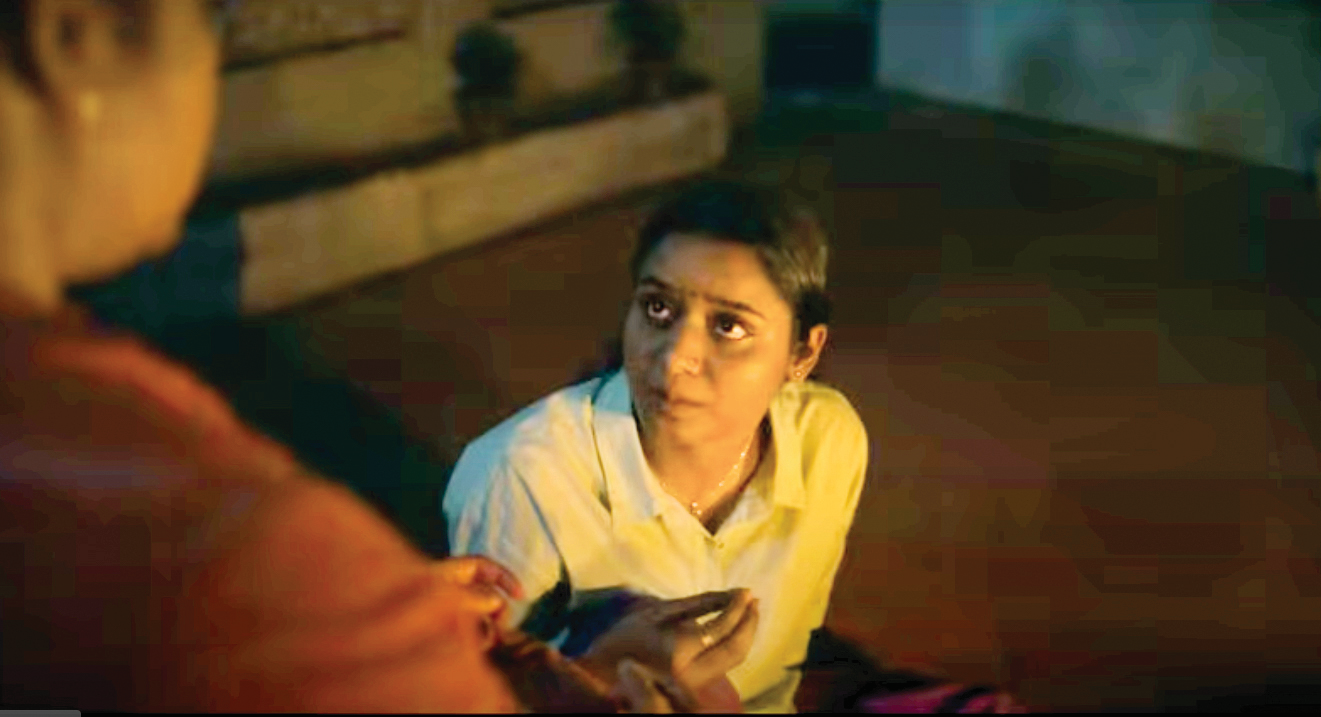Last March, I asked in this column ‘Can you love the skin you’re in?’ and the most welcome news this year comes from Kerala. The Chief Secretary Sarada Muraleedharan grabbed the spotlight firmly by speaking out against the bias against dark skin and owning her complexion with remarkable courage and eloquence.
‘Why should black be vilified?’, she asked in a post on social media and answered poetically, delivering a profound statement that resonates far beyond mere personal defence. ‘Black is the all-pervasive truth of the universe. Black is that which can absorb anything, the most powerful pulse of energy known to humankind. It is the colour that works on everyone, the dress code for office, the lustre of evening wear, the essence of kajal, the promise of rain.’
Her powerful words emerged from a deeply personal context. The trigger was a comment that compared her ‘black’ tenure with her predecessor’s ‘white’ one; and the fact her husband was the previous chief secretary didn’t make the situation any less complicated. She revealed that for seven months, she had been subjected to subtle digs about her job, but had become inured to the constant commentary. However, the latest troll affected her most profoundly because it touched upon her dark skin – a matter she’s been sensitive about since childhood.
Muraleedharan responded instinctively with a Facebook post, which she initially deleted within minutes. However, she was persuaded to repost it, and the response has been nothing short of phenomenal. Women across Kerala haven’t stopped sharing and discussing her powerful statement, transforming a personal moment of vulnerability into a collective conversation about colourism and societal prejudices.
By all accounts, Sarada Muraleedharan has thoroughly earned her professional stripes. Her credentials are impressive and impactful. She had a long and successful stint helming the Kudumbashree women’s self-help group programme, which has become a role model for network initiatives worldwide. Her professional journey includes being the CEO of the National Rural Livelihoods Mission in the Ministry of Rural Development and serving as joint secretary in the Ministry of Panchayati Raj.
The positions she’s held would have made her uniquely sympathetic to people’s problems and social dynamics. Yet, despite her remarkable professional achievements, she was not prepared for trolls who sought to mock her work by linking it to her skin colour. She overcame the hurt to call out the latent misogyny of such remarks, demonstrating not just leadership excellence but also remarkable personal strength.
It’s a stark fact of Indian society that most people aspire to be fair-skinned. However, even here dark-complexioned women face significantly greater disadvantages compared to men. This systemic bias is powerfully illustrated in recent media representations, such as the Amazon Prime series ‘Dupahiya’. This serial set in rural heartland has been deservedly hailed as a charming social satire. One of the themes is the deep-seated bias for fair skin. The show poignantly explores the pain of one of the characters, a dark-skinned young woman who feels her talent and accomplishments are perpetually overshadowed by her skin tone.
She was consistently overlooked in school in favour of her fair-skinned friend. At 25, she struggles to receive marriage proposals, with potential grooms and their families being put off by her skin colour. Her anguish is palpable when she confronts her fair-skinned mother, demanding, ‘Why did you marry a dark man?’. The mother, a local politician played by Renuka Shahane, firmly refuses to fund the daughter’s (Komal Kushwaha) skin whitening procedure.
I’ve experienced rather interesting feelings and reactions
That’s why I hail Sarada Muraleedharan’s powerful challenge to deeply ingrained societal prejudices. By calling out colourist remarks, she’s setting a critical example for countless women who have internalized these damaging beauty standards. Black, brown, wheat or white, let us accept and celebrate our skin.
Sandhya Mendonca, author, biographer, and publisher, casts a female gaze at the world in this column.

